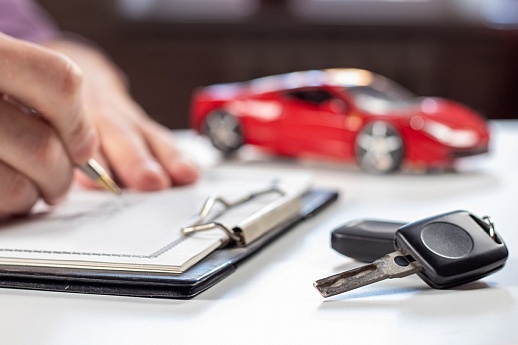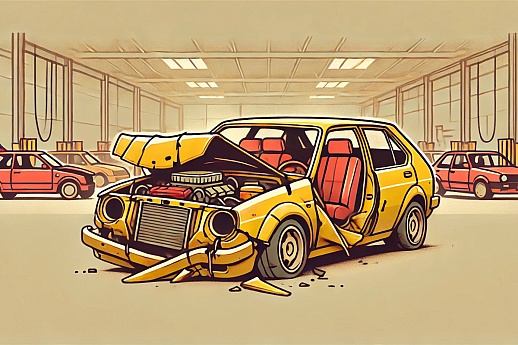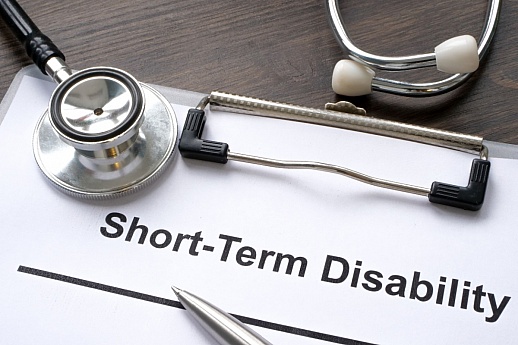Double Parking: All You Need to Know
Are you worried about getting a ticket for double parking? Let’s clarify this matter: generally, double parking is illegal. However, there’s more to understand about this issue.
Welcome to our guide on double parking, where we cover the rules, fines, and exceptions related to double parking. Let’s explore this topic in detail.
What Is Double Parking?
Double parking occurs when a vehicle is parked parallel to another car that is already stationed alongside a curb. This results in the double-parked car blocking either the parked vehicle or a portion of the roadway.
While it might seem like a convenient solution in a pinch, double parking can disrupt traffic flow, obstruct access for other vehicles, and sometimes impede emergency services. It’s worth noting that the interpretation of “double parking” can vary. In some regions, it could also refer to parking in a transit or bike lane, further complicating the understanding of its legality and consequences.
Is Double Parking Illegal?
The answer is generally straightforward: Yes, in most jurisdictions, double parking is illegal. But, the details, including the nature of the laws, enforcement practices, and penalties, can vary significantly from one region to another.
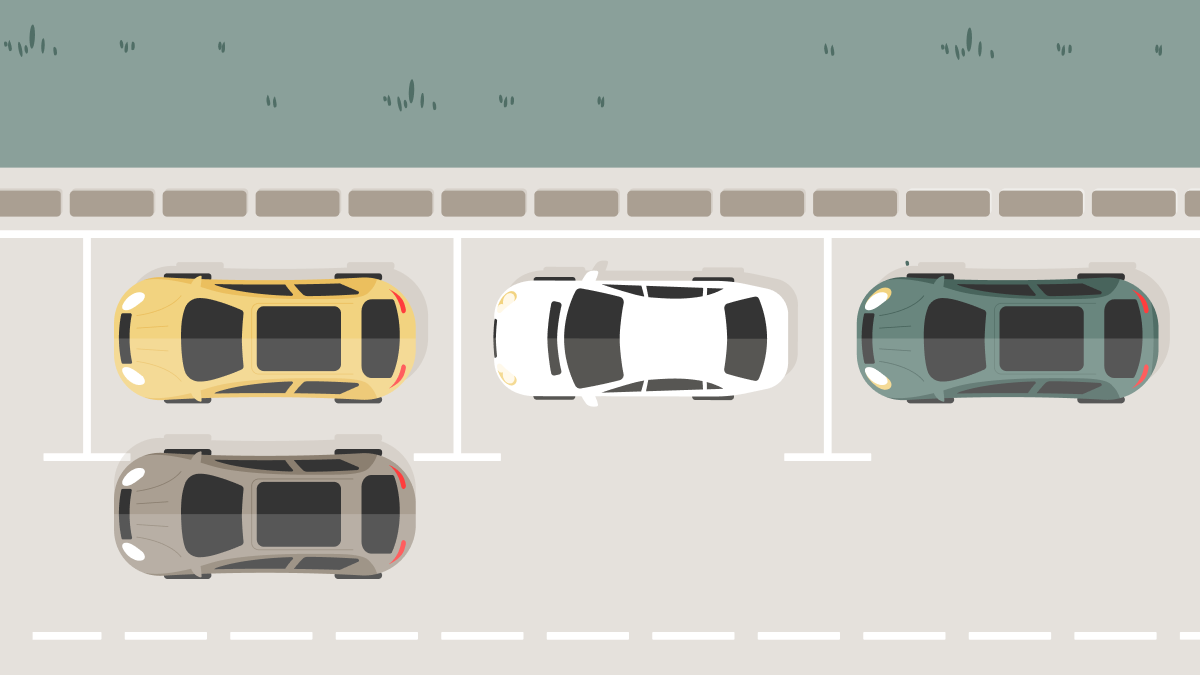
Violations here often result in substantial fines and even the towing of the offending vehicle. The most common penalty for double parking is a monetary fine of $115 on average, which varies depending on the city or town. For an in-depth look at how these fines differ from one city to another, especially in major urban areas, we’ll provide a more detailed breakdown later in this article.
In cases where double parking causes significant obstruction or safety issues, the local police can tow your car, adding to the financial burden of the violator. In some jurisdictions, double parking violations can also lead to points on the driver’s license, especially if the act is considered hazardous.
Accumulating points on your driver’s license within a certain time frame can lead to various penalties, including higher insurance premiums, mandatory driving courses, and suspension of the driver’s license.
Is It Illegal to Double Park in a Parking Lot?
Double parking in a parking lot diverges from the traditional curb-side scenario. Here, it usually involves parking across two spots, often side-by-side. While not directly impeding traffic flow as with curb-side double parking, it's a matter of etiquette and space efficiency.
Legally speaking, the situation varies. In private parking lots, the rules are set by the property owner. If you're double parking in a mall or supermarket lot, you're more likely to face a towing risk or be asked to move your vehicle than receive a legal penalty. However, in publicly owned parking areas, double parking could be legally actionable, depending on local ordinances. Always check local regulations to be sure.
Remember, while it may not always be illegal, double parking in a lot is often frowned upon. It’s about being considerate to other drivers – nobody likes to find a perfect spot only to see it unusably half-occupied!
Can You Get a Ticket for Double Parking?
You can get a ticket for double parking. This is an aspect for every driver to consider, as the consequences of double parking can be more substantial than you might expect.
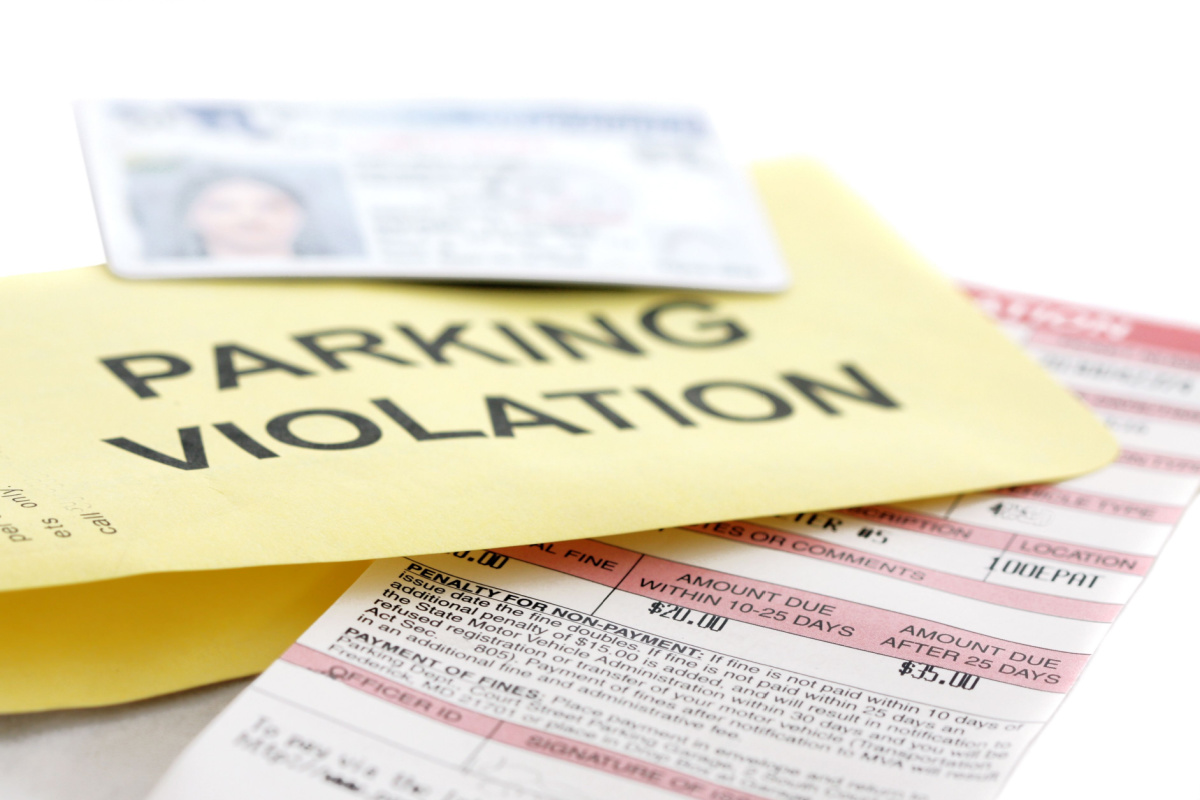
Let’s delve into the specifics of the penalties you might face.
Double Parking Ticket Cost
The cost of a ticket for double parking varies across different states and even within cities. For instance, the fines in the city of Boston range from $35 to $55, while the fines in Los Angeles are typically $73 and higher.
The cost of a double parking ticket is influenced primarily by the location’s cost of living and the severity with which local authorities view the violation. Higher costs in major metropolitan areas reflect the greater impact of double parking on traffic flow and public safety, while smaller towns may impose lower fines due to lesser traffic congestion. Here’s a snapshot of what you can expect in some key states:
|
State |
Ticket Cost |
|
New York |
$115 |
|
California |
$65 to $100 |
|
Illinois |
$100 to $150 |
|
Texas |
$75 to $100 |
|
Kansas |
$50 to $100 |
|
Kentucky |
$25 and up |
|
Colorado |
$10 |
|
Arkansas |
$20 |
Can You Get Towed for Double Parking?
Towing is a real possibility when it comes to double parking, particularly in cities like New York or San Francisco, where traffic flow is a concern. If your vehicle is causing a significant obstruction or a safety hazard, law enforcement has the authority to tow it. In some situations, if feasible, authorities may attempt to locate and contact the owner before towing.
After your vehicle has been towed, you will receive notice through mail or online about where it has been taken and the steps required to reclaim it. This process typically involves paying the towing fee ranging from $75 to $300 and any associated fines for the parking violation.
Can You Get a Ticket for Double Parking While in the Car?
The truth is, being present in your car does not exempt you from a ticket. If you’re double parked, regardless of whether you’re in the car or not, you’re still violating parking regulations.
In the best-case scenario, law enforcement officers usually approach and request that you move your vehicle immediately. However, they may still issue a parking ticket if your vehicle is causing a severe obstruction.
When Can You Double Park?
Double parking often conjures images of congested urban streets and the frustration of blocked lanes. It’s a practice typically shrouded in a cloud of “don’ts.” But are there ever moments when you are permitted to double park on the street?
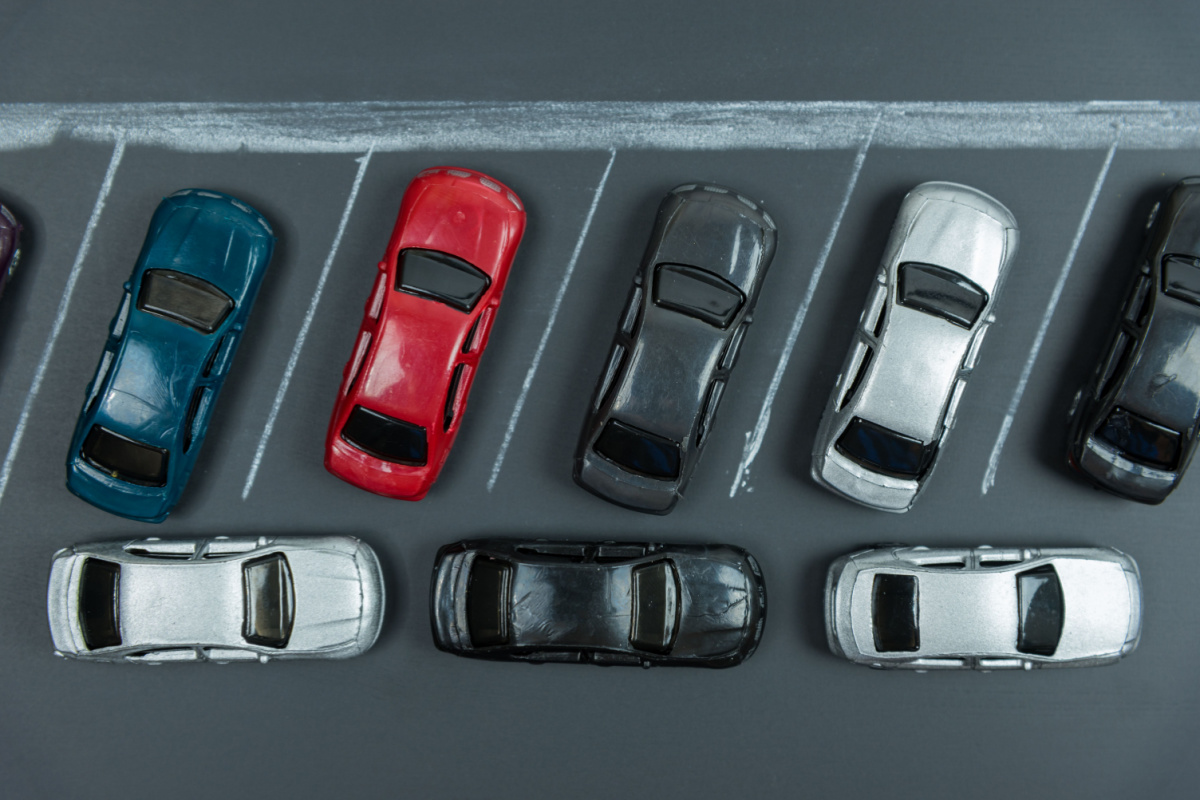
Let’s delve into the legal guidelines that can offer some clarity.
Double Parking Rules and Etiquette
When it comes to exceptions, there are usually two scenarios where double parking may be allowed, and those are:
- Street Cleaning and Temporary Regulations: In some cities, exceptions to double parking prohibitions are occasionally made for specific situations, like street cleaning days. During these times, residents might be allowed to double park on one side of the street while the other side is being cleaned, as long as their vehicle doesn’t obstruct traffic flow. These exceptions are typically well-marked with clear signage indicating the temporary change in parking rules and the specific times during which double parking is permitted.
- Commercial Vehicle Exceptions: In certain areas, commercial vehicles like delivery trucks may be granted temporary leeway for double parking when actively loading or unloading goods. This often comes with strict time limits, typically 15 to 30 minutes, and specific regulations to minimize traffic disruption.
We do understand, though, that in the real world, there are moments when double parking seems like the only option. In these cases, approaching double parking with a sense of etiquette and responsibility can make a difference. We want to emphasize that double parking is illegal in most situations and can lead to fines, towing, and safety hazards. It’s always best to seek legal parking options.
However, here are some tips to consider if you find yourself in a situation where double parking seems unavoidable:
- Emergency Situations: In a genuine emergency where double parking is the only option, ensure that it causes minimal disruption. For instance, if you’re assisting someone who is injured or unwell and you need to briefly double park, do so in a manner that blocks as little traffic as possible.
- Brief Halts for Accessibility: For situations like helping an elderly person out of the car or unloading heavy items, double park only for the few minutes needed for assistance, and then promptly move your vehicle.
- Respect Local Regulations: Always be aware of the specific parking signs and rules in your area, as they dictate the permissibility of double parking. For example, in some areas during street cleaning days, temporary double parking may be allowed on the opposite side of the street.
- Navigate Event-Driven Changes: Be mindful of temporary parking allowances during special events or construction. These instances are often indicated by temporary signs. During a local parade or street fair, look for signs that might allow temporary double parking in designated areas.
- Weigh Risks and Alternatives: Consider the potential consequences of double parking, such as fines and towing, and weigh them against the need for convenience. If you’re tempted to double park for a quick coffee run, consider the potential hassles and costs involved. It’s usually wiser to find a legal spot, even if it means walking a little farther.
Bottom Line
Double parking is a reminder that our choices on the road, whether in times of necessity or convenience, have broader implications. As you navigate through the urban jungle, remember that the safest parking choice not only steers you clear of fines and towing but also contributes to the orderly pulse of the city. Drive safe, park wisely, and let’s keep our streets harmonious for all!
Sources
- 25th District Court “Fines and Costs.” Accessed Jan. 17, 2023.
- City of Boston “Parking Ticket Fines and Codes.” Accessed Jan. 17, 2023.
- Dirt Legal “4 Steps to Retrieve an Impounded Car and the Costs Involved.” Accessed
- The Law Dictionary “What Is Double Parking?” Accessed Jan. 17, 2023.

